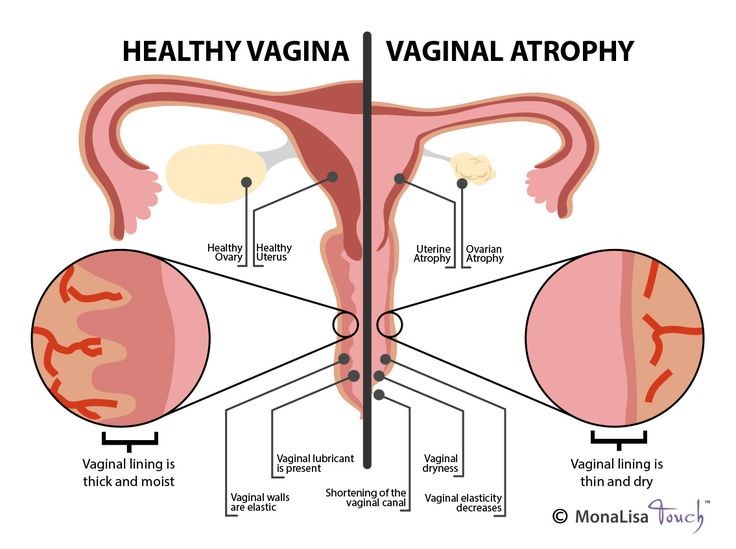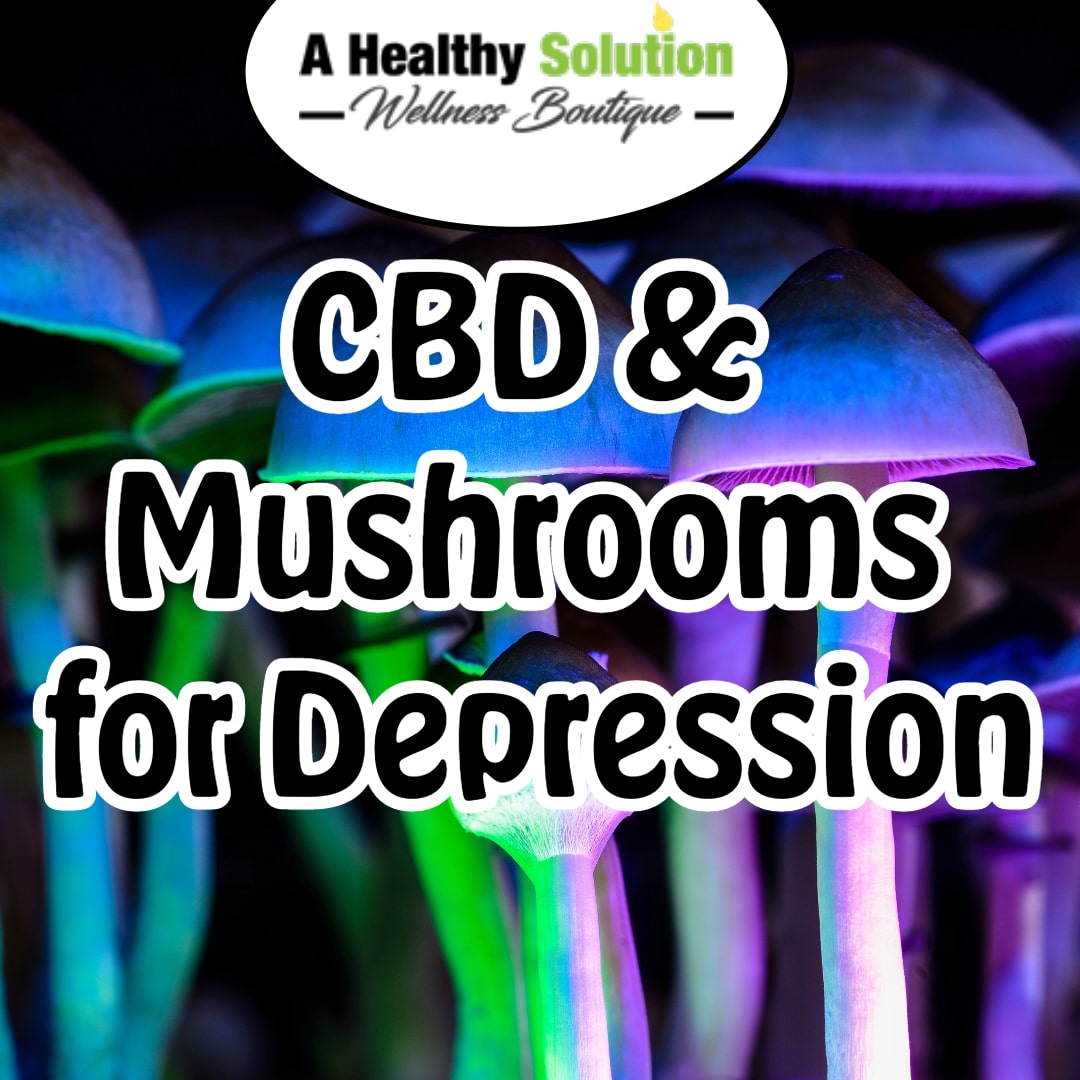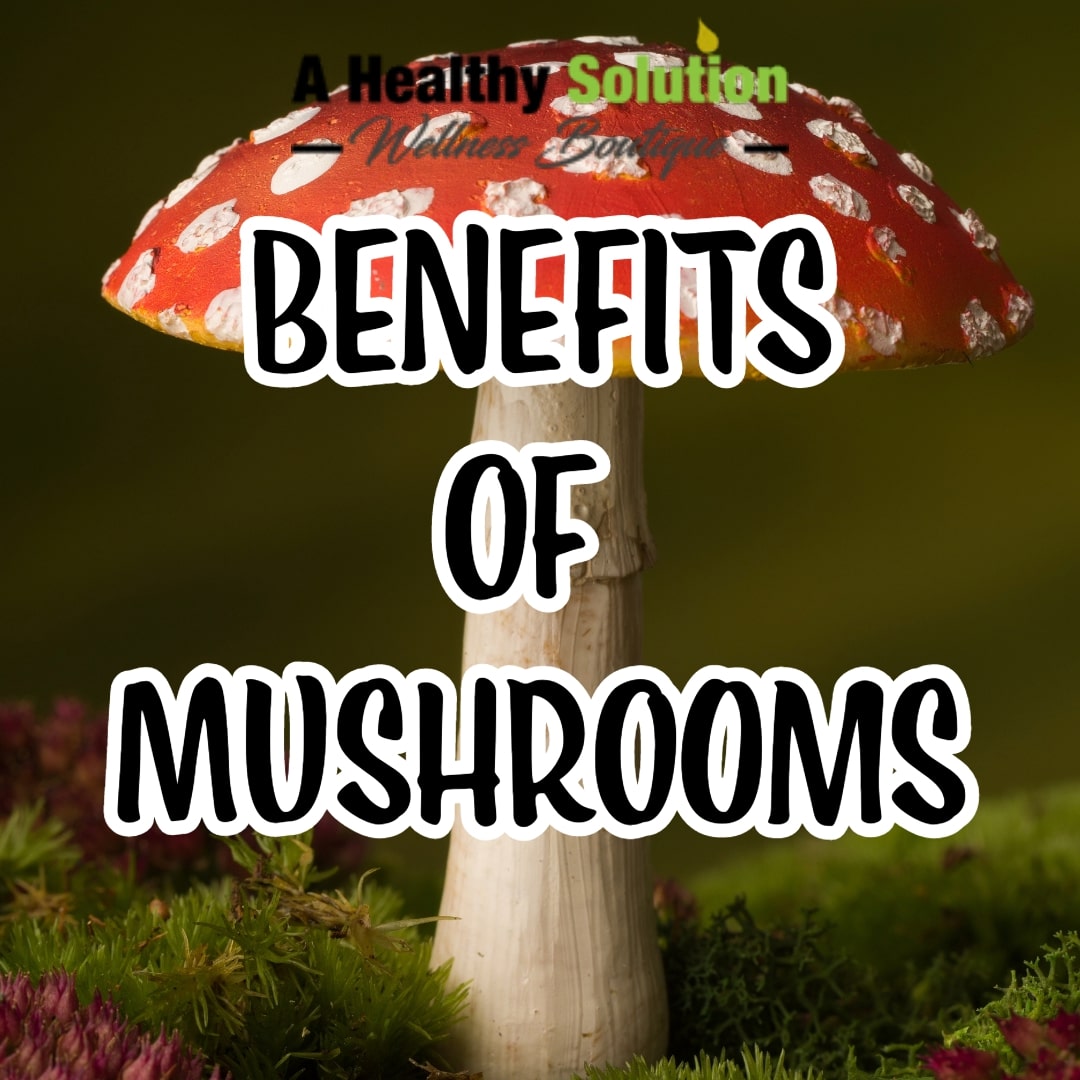According to the National Survey on Drug Use & Health, nearly 2 percent of Americans ages 12 and older have some sort of marijuana dependence and people who use marijuana before age 18 are 4 to 7 times more likely to develop this addiction than adults. Marijuana addiction is when a person feels withdrawal symptoms when not taking the drug.
People with marijuana dependence often report irritability, mooddifficulties, decreased appetite, insomnia, headaches, sweating, chills, anxiety and depression that peak within the first week after quitting and last up to 2 weeks.
Marijuana dependence occurs when the brain adapts to large amounts of the drug by reducing production of and sensitivity to its own endocannabinoid neurotransmitters. When marijuana is smoked, THC passes rapidly from the lungs into the bloodstream, which carries the substance to the brain and other organs throughout the body.
THC acts specifically on the brain cell’s cannabinoid receptors. These receptors are part of the neural communication network, called the endocannabinoid system (ECS), which plays an important role in normal brain development and function. The highest density of cannabinoid receptors is found in parts of the brain that influence pleasure, memory, thinking, concentration, sensory, time perception, and coordinated movement.
Marijuana over-activates the ECS, causing the “high” and other effects that users experience, such as altered perceptions, altered mood, impaired coordination, difficulty thinking, difficulty problem solving, disrupted learning, memory issues and appetite changes. Marijuana use is associated with a range of health issues, particularly related to heart problems, lung problems and mental health conditions.
Frequent smokers can experience issues, such as daily cough, phlegm production,lung infections, damage to the immune system, damage to brain cells, damage to the central nervous system, fertility issues, increased heart rate, increased blood pressure, depression, anxiety, personality disturbancesand lack of motivation.Cannabidiol (CBD) is a non-psychoactive compound derived from the hemp plant known for its potential therapeutic effects.According to research CBD may alleviate the symptoms of marijuana withdrawals to help detoxing run smoothly.
CBD has shown promise in decreasing anxiety, improving sleep, improving cognitive function and having neuroprotective effects which may reverse some of the cognitive deficits associated with marijuana dependence. The mechanism of action for CBD has shown to be antagonistic to the psychoactive properties of THC in many locations within the central nervous system.
Such action suggests that it might be beneficial to use CBD to alleviate withdrawals of marijuana addiction.There are many CBD products that can help alleviate marijuana withdrawals. A 1500mg, 2000mg or 3000mg tincture can be taken sublingually to help with depression, headaches and insomnia.
Our AHS 1500mg or 2500mg custom cream can be applied topically to help with headaches and insomnia. 300mg CBD infused gummies and 1000mg CBD vape would work great for reducing anxiety and insomnia.
Always consult your primary care physician before starting a new treatment. Our team of specialists are always available to provide you with education and answer any questions regarding CBD.






Leave A Comment
You must be logged in to post a comment.